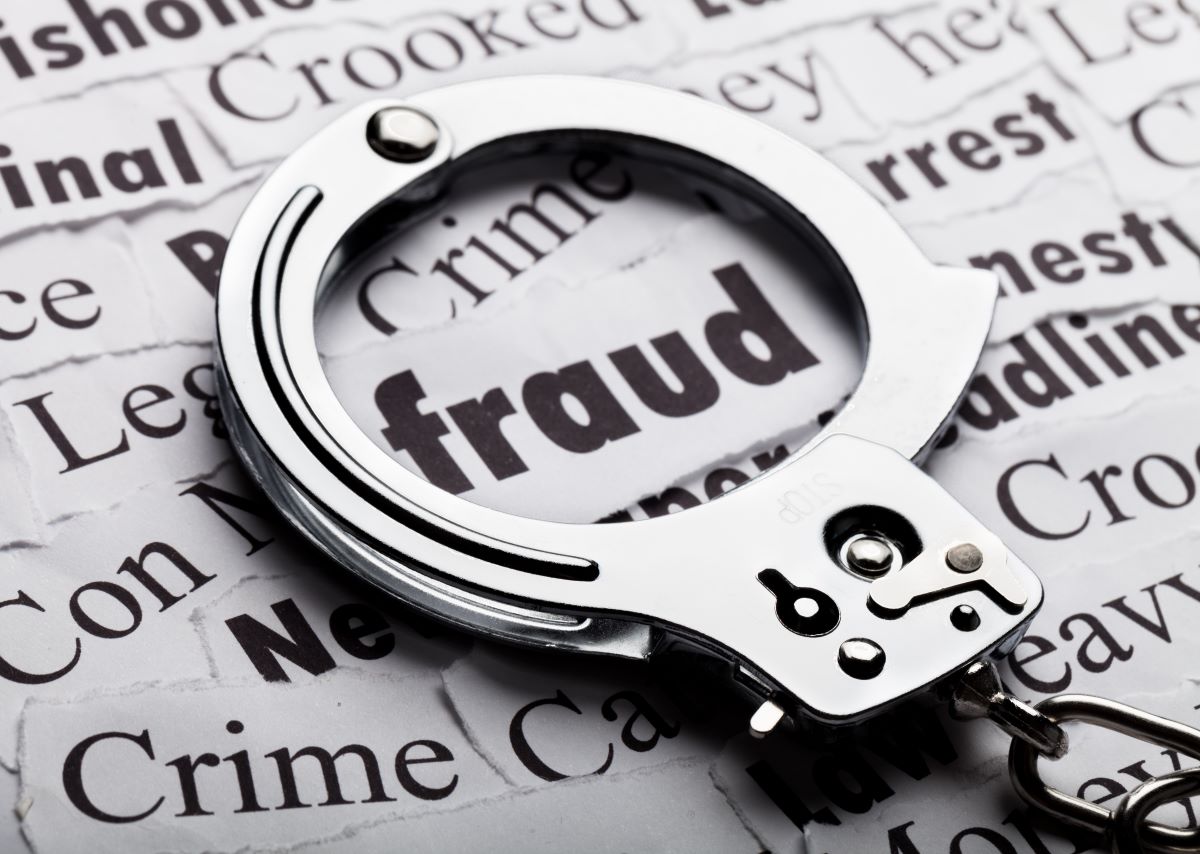It is something that almost every business owner will have to think about at some point as they grow their company; a risk assessment to explore how susceptible their business is to money laundering.
Defined by HMRC as concealing the origins of illegally earned money, there are many ways your business may be at risk from exposure to money laundering. In order to combat money laundering in the UK, HMRC has created a set of Money Laundering Regulations, which lay down the groundwork for how to conduct a money laundering risk assessment of your business.
While that is a subject for a separate article, first the basics must be explored; how could your business be at risk of money laundering and how can you actively prevent it from occurring? A fraud solicitor provides the answers below.
Unusual transactions
One of the easiest ways to detect evidence of money laundering in your company according to any fraud solicitor is to look for unusual or odd transactions.
Depending on the size of your company, this is easier said than done, as you may have appointed an entire department to oversee this very task. However, human nature and intuition may also play a part here; if your appointed staff become defensive when asked about the transactions, or offer vague answers, this is a red flag that needs following.
To avoid these unwarranted transactions, a fraud solicitor will advise you to always ensure that either yourself or another trusted member of staff overlook the accounts each week and report back on any odd activity immediately.
Cashiers checks or wire transfers
With modern technology being as sophisticated as it is, another way to spot evidence of money laundering is to check your accounts for evidence of either cashier’s checks or wire transfers.
As both of these payment types offer no history of where the money came from, this should be flagged up as suspicious and explored by your own company and HMRC.
A way to avoid this is to set up only certain types of payments as acceptable for all business transactions, such as PayPal, credit or debit card, bank transfer and to once again be vigilant with checking the books.

Discrepancies
If you notice a new account, potentially linked to a new client, always investigate its legitimacy. How? By asking your staff about who the account belongs to; if different staff members offer conflicting information about where the account originated, or who it belongs to, seek legal advice immediately. In the world of business, vagueness should always be treated as a red flag and investigated promptly.
Large deposits
When you are making day-to-day payments, it is easy to lose track of what money goes where especially if your business is larger.
However, if you notice or are alerted to an unusually large deposit being placed into one of your business accounts with no evidence or understanding as to where it originated, contact a legal representative for advice and alert HMRC immediately to the transactions.

